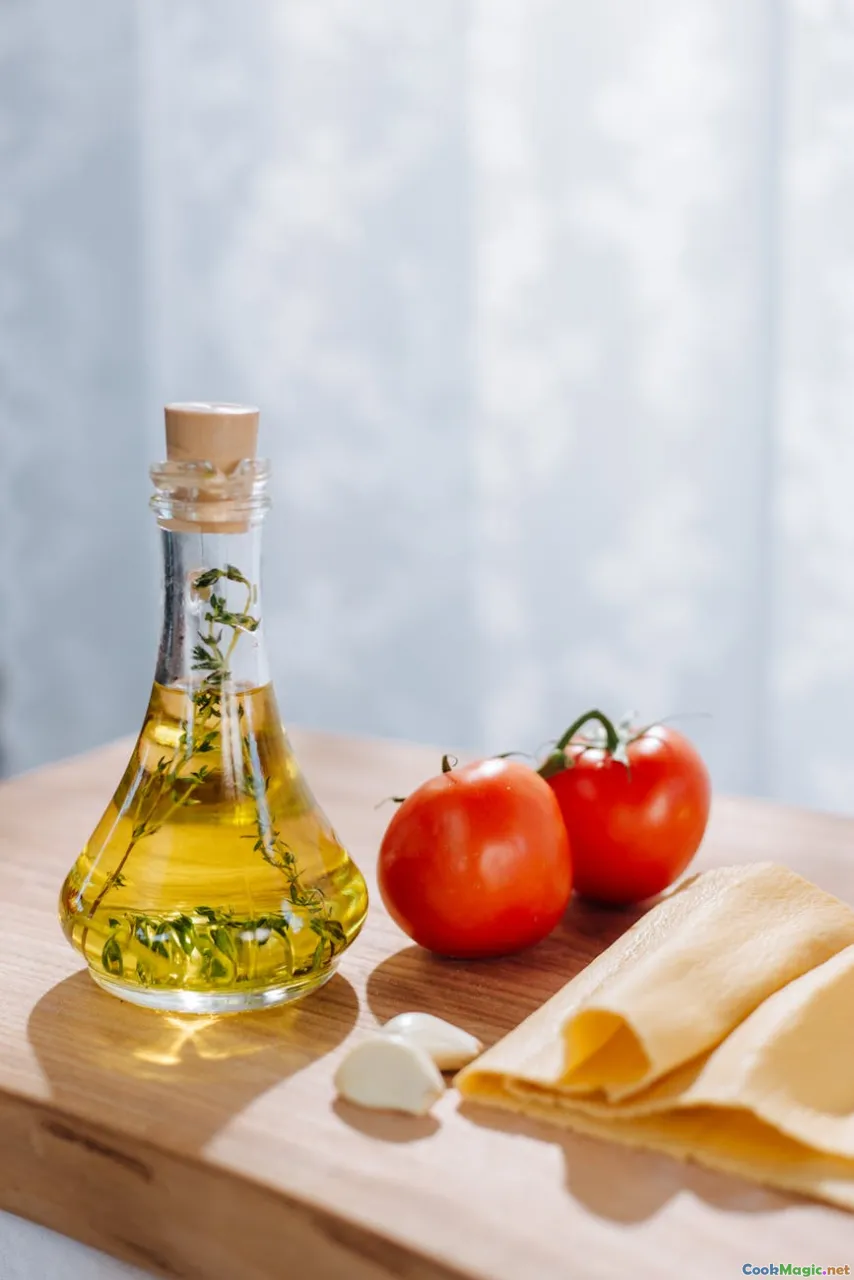The Role of Olive Oil in Algerian Cooking
7 min read Discover how olive oil weaves through Algerian cuisine, shaping flavors, textures, and cultural traditions in every dish. April 20, 2025 15:00
The Role of Olive Oil in Algerian Cooking
Imagine a sun-drenched landscape where ancient olive groves blanket rolling hills, their silvery leaves shimmering in the Mediterranean breeze. In Algeria, this verdant bounty isn’t just picturesque—it’s a cornerstone of daily life and culinary tradition. Olive oil, often called "liquid gold," is more than a mere ingredient; it’s a symbol of identity, history, and the soulful heart of Algerian cuisine.
A Historical Tapestry Woven with Olive Oil
Algeria’s relationship with olive oil dates back thousands of years, tracing its roots to the Phoenicians and Romans who planted the first olive groves along the Mediterranean coast. These early civilizations recognized the value of this precious oil—not only as a cooking staple but also as a sacred offering, a medicinal remedy, and a trade commodity that linked distant lands.
Over centuries, olive cultivation flourished, adapting to Algeria’s diverse terrains—from the coastal plains to the mountainous interior. Today, Algeria is one of the world’s leading producers of high-quality extra virgin olive oil, a testament to its enduring heritage.
Olive Oil: The Soul of Algerian Flavors
Sensory Symphony
Algerian cuisine awakens the senses through the abundant use of olive oil. Its rich, fruity aroma—sometimes peppery, sometimes grassy—imbues dishes with depth and warmth. When drizzled over freshly baked bread, it offers a velvety texture that invites you to savor every bite.
In traditional recipes, olive oil acts as the culinary backbone, seamlessly melding flavors. For example, in a classic Chorba (a hearty soup), a generous splash of olive oil at the end lends a glossy finish and a subtle, lingering heat.
Texture and Technique
Beyond flavor, olive oil influences the texture of Algerian dishes. It tenderizes meat in slow-cooked tagines, creates a luscious coating for vegetables, and enriches the crumb of bread and pastries.
Cooking techniques often involve gentle sautéing or roasting, allowing the oil’s flavors to infuse ingredients with subtle complexity. A typical Algerian couscous is steamed over a broth enriched with olive oil, resulting in fluffy grains that absorb the fragrant juices.
Signature Algerian Dishes Powered by Olive Oil
Couscous
Perhaps Algeria’s most iconic dish, couscous is a celebration of simplicity and flavor. Fluffy semolina grains are steamed until tender, then served with a stew of lamb, chicken, or vegetables. Olive oil is generously poured over the steaming grains, imparting a smooth richness that balances the spices.
Tagines
Algerian tagines—slow-cooked stews—are unmissable. The olive oil forms a luscious base for simmering meats, apricots, olives, and aromatic herbs. The result is a melt-in-your-mouth dish where every ingredient is infused with the fragrant, peppery notes of high-quality olive oil.
Msemen and Khobz
Traditional breads like msemen (flaky, layered bread) and khobz (round artisan bread) are often brushed with olive oil during baking, creating a crispy, golden crust that’s perfect for dipping and scooping.
Salads and Cold Appetizers
In salads such as TabboulehorFattoush, olive oil acts as the binding agent that marries fresh herbs, vegetables, and tangy lemon juice, elevating the dish’s vibrant flavors.
Cultural Significance and Personal Reflections
Olive oil in Algeria isn’t just a culinary ingredient—it’s an emblem of hospitality and tradition. Family gatherings often feature a shared platter of bread dipped in olive oil, symbolizing unity and warmth.
Growing up in Algiers, I remember my grandmother’s ritual of selecting the freshest olives during harvest season, crushing them with a stone mill, and patiently waiting for the first golden drops of oil. That moment—when the aroma of freshly pressed olive oil filled the air—was magical. It connected us to generations past and imbued every meal with a sense of history and love.
The Art of Olive Oil in Algerian Cooking Today
Modern Algerian chefs and home cooks continue to honor this legacy, blending traditional techniques with contemporary flavors. Small-scale olive oil producers now emphasize organic cultivation and sustainable practices, ensuring that this liquid treasure remains pure and vibrant.
In culinary festivals across Algeria, olive oil takes center stage—drizzled over grilled meats, incorporated into desserts like baklava, or simply enjoyed with crusty bread and a glass of mint tea.
Final Thoughts
Olive oil in Algerian cooking is more than an ingredient; it’s a cultural heartbeat that sustains and connects communities. Its rich history, sensory allure, and versatile nature make it indispensable—an enduring symbol of Algeria’s vibrant culinary heritage.
So next time you savor a spoonful of olive oil or indulge in a traditional Algerian dish, remember the centuries of tradition and passion that have crafted this liquid gold into a culinary masterpiece. It’s not just food—it's a story told through flavor, aroma, and shared memories.









